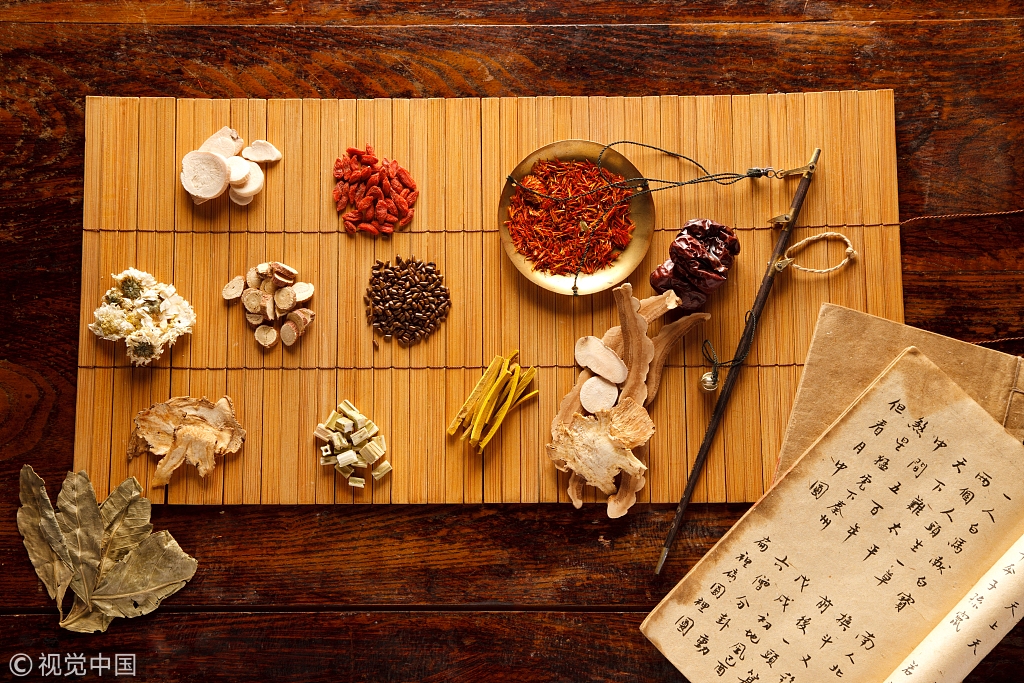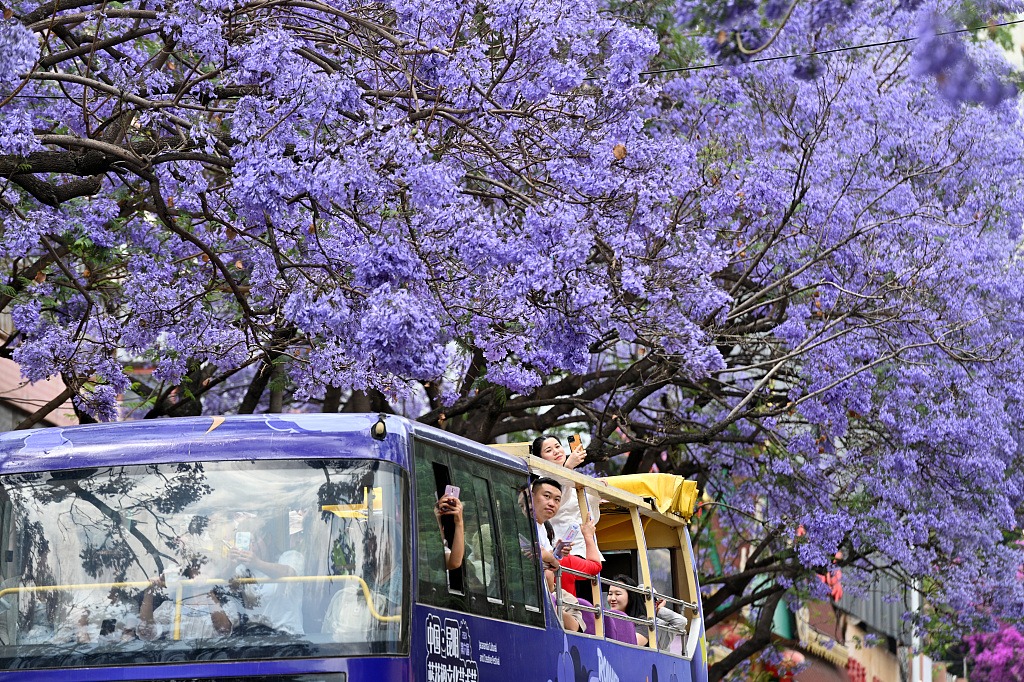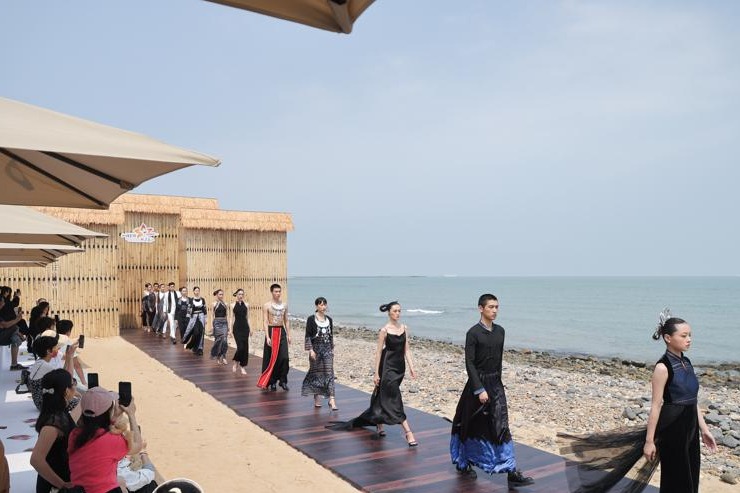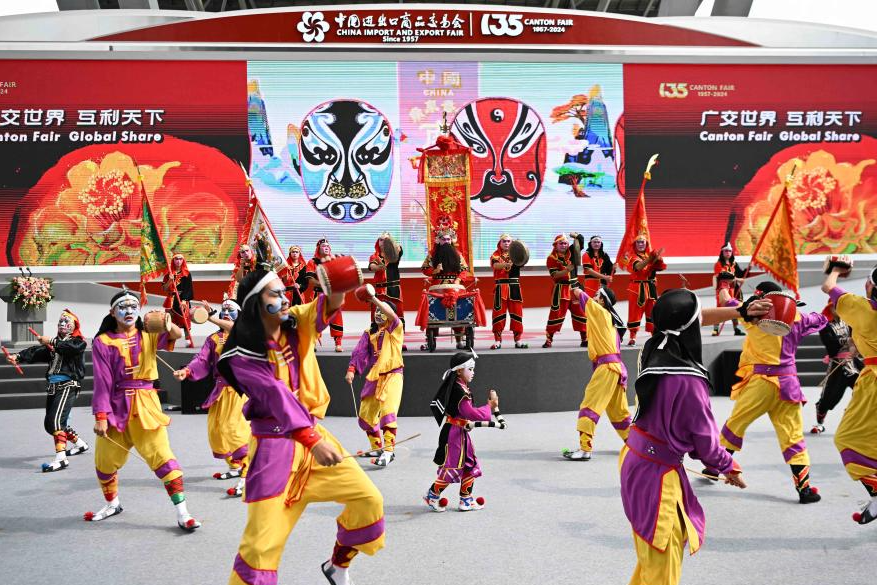Initiative helps boost traditional Chinese medicine


LANZHOU-The Belt and Road Initiative has given a new boost to traditional Chinese medicine, a 2,000-year-old national treasure.
Years ago, Niu Hongwei's TCM company in Weiyuan, a county in Northwest China's Gansu province, used to only sell herbs to domestic pharmaceutical enterprises.
Among the 23 impoverished counties in Gansu, Weiyuan is known for its medicinal materials, in particular, astragalus root and dangshen (Codonopsis pilosula).
"Our business took off in 2013 after the Belt and Road Initiative was proposed," said Niu. "Foreign entrepreneurs and officials began visiting my company to seek cooperative opportunities."
The initiative was put forward by China in 2013 in a bid to boost connectivity and seek common prosperity.
In 2016, Niu signed an agreement with a merchant from South Korea. He provides herbal medicines every month to the merchant whose company processes them into cosmetics and health products.
Next month, Niu will make his first business trip to Singapore, exploring opportunities in a new foreign market.
"It was unimaginable for small companies like mine in China's remote west to engage in international trade in the past. Now we have more opportunities," he said.
Another pharmaceutical company Foci, based in Lanzhou, Gansu's capital city, has collaborated with 28 countries and regions across the world, exporting hundreds of types of herbal medicines.
"We hope that TCM can be included in medical insurance policies by local governments, so more people can benefit from it," said Sun Yu, general manager of Foci.
With a history of more than 2,000 years, TCM is seen by many as a national treasure for its unique theories and practices, such as herbal medicine, acupuncture, massage and dietetics.
In addition to the growing overseas demand for traditional Chinese herbs, TCM services and culture have also attracted more global attention.
The affiliated hospital of the Gansu University of Chinese Medicine has been cooperating with a medical institute in Brazil to set up a TCM center in Sao Paulo.
Zhang Xiaogang, president of the hospital, said that both sides have agreed on aspects such as the location and talent training. In May, 20 Brazilian doctors came to China for TCM theory and practice training.
Gansu is the birthplace of ancient TCM masters Qi Bo and the Yellow Emperor, and the province is rich in TCM culture.
The local authorities have increased efforts to promote TCM overseas, with eight TCM medical colleges and six medical centers in countries including Kyrgyzstan, Hungary and France.
Last year, the State Administration of Traditional Chinese Medicine said China had established 26 overseas centers of TCM in the past three years, most of which are in countries involved with the initiative.




































